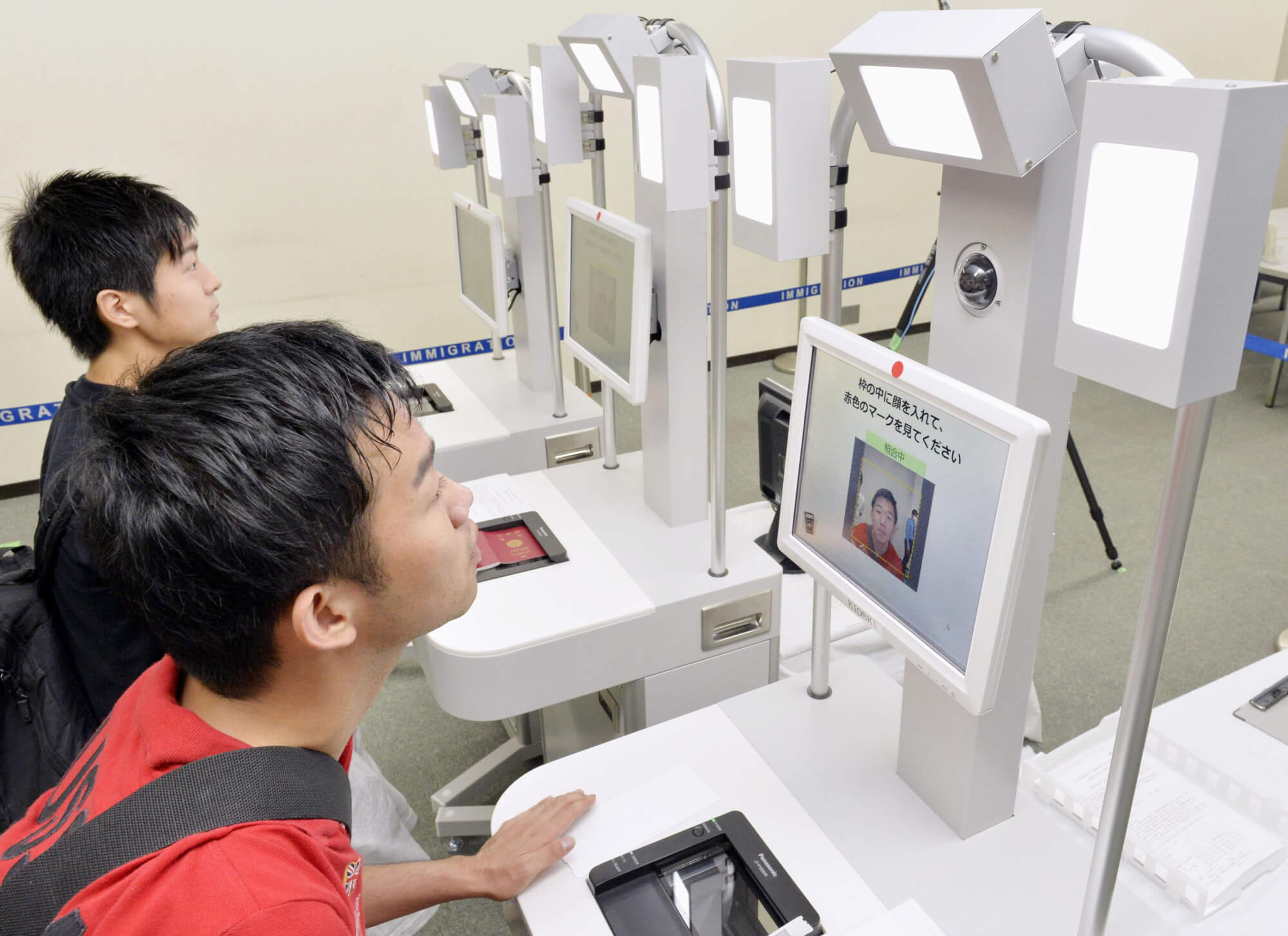Why it matters: The US Customs & Border Control is speeding up adoption of facial recognition of international travelers. However, there are major concerns surrounding privacy, civil liberties, and even the legality of use of the technology by the government.
President Trump signed an executive order two years ago that mandated facial recognition at the top 20 airports to screen "100 percent of all international passengers" by 2021. However, documents shared with Buzzfeed seem to point to the US Customs & Border Protection (CBP) rushing to complete the adoption without proper vetting.
About 346 pages of documents were given to Buzzfeed by the nonprofit Electronic Privacy Information Center (EPIC). These documents claim that CBP is looking to implement the facial recognition system on 16,300 flights per week, which roughly translates to 100 million international travelers. This is to meet the 2021 goal set by President Trump's executive order, although the rushed nature could present security and privacy issues.
The extent to which partnering airlines could use the facial recognition data was not restricted until a recent December data privacy meeting that finally set clear guidelines. CBP did not share all of the details but did state that it keeps photos of non-US citizens for up to 14 days for "evaluation of the technology" and "assurance of the accuracy of the algorithms."
Many privacy advocates worry that facial recognition is not reliably accurate and introduces bias, particularly against women and African Americans. The CBP argues that its systems have a 99 percent accuracy rate with one successful case at Dulles International Airport where CBP caught a man from Brazil attempting to use a fake French passport to get into the United States.
Other advocates are concerned that the American public wasn't consulted as per the rules concerning adopting new technologies.
"I think it's important to note what the use of facial recognition [in airports] means for American citizens," Jeramie Scott, director of EPIC's Domestic Surveillance Project, told BuzzFeed. "It means the government, without consulting the public, a requirement by Congress, or consent from any individual, is using facial recognition to create a digital ID of millions of Americans."
In response, the CBP claims that its "committed to protecting the privacy of all travelers and has issued several Privacy Impact Assessments related to [its biometric entry-exit program], employed strong technical security safeguards, and has limited the amount of personally identifiable information used in the transaction."
While the CBP says that US citizens can decline facial recognition, an audit conducted by the Office of the Inspector General concluded that out of 12 flights, only 16 people declined. Delta Airlines said less than 2 percent of its 25,000 weekly passengers actually decline.
Unfortunately, there are no explicit laws governing facial recognition and the Fourth Amendment. Until that happens, the facial recognition system could potentially be abused by the government as it speeds toward wider adoption.
